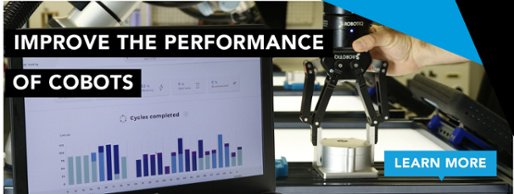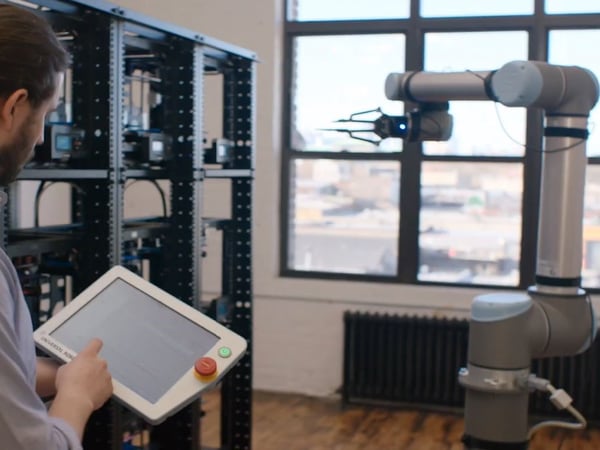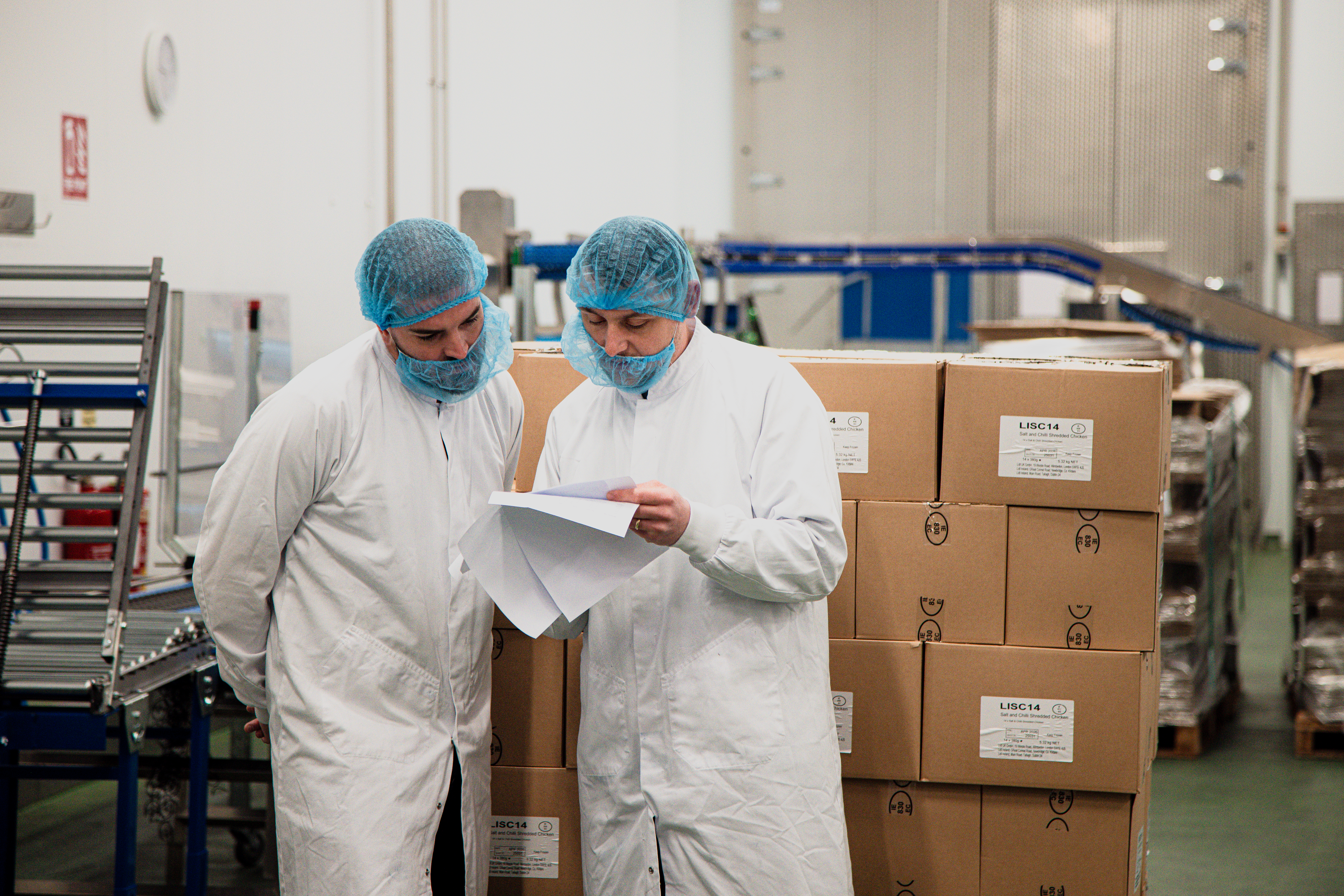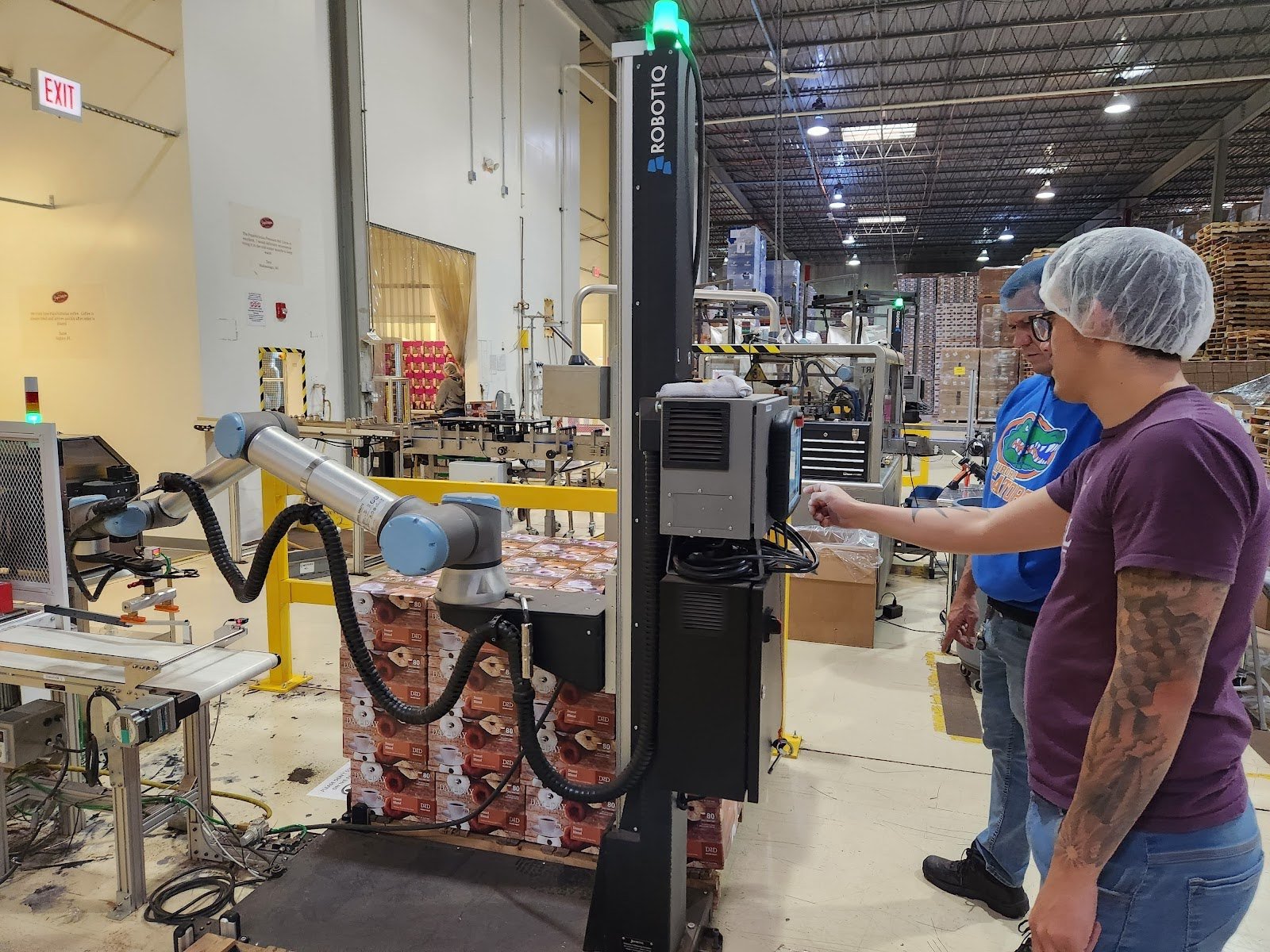Is Robotics Really a Disruptive Technology?

If robotics is a disruptive technology, could it disrupt your business? It really depends on whether it is a disruptive technology or not. The answer's not as clear as many people seem to think. You decide for yourself if you should be worried. Here is key information to help you decide if robotics is one of them.
"Disruptive technology." It's one of the buzzwords of the modern world, isn't it? Blockchain, Autonomous vehicles, the Internet of Things, they're all accused of being disruptive technologies. Robotics is often listed alongside them.
But, is robotics really a disruptive technology?
Does the definition of a disruptive technology really apply to robotics?
Or has everyone got it wrong?
There are two possible answers:
- Robotics is a disruptive technology. If this is the case, businesses may need to prepare for drastic changes when adopting them. It suggests high-risk and high uncertainty.
- Robotics is not a disruptive technology. If it is not disruptive, this means robotics is an incremental innovation and the preparations businesses need to make are less daunting, less risky, and less uncertain.
In this article, we'll present these two options. You can then decide for yourself if you should be worried about the disruption that robotics could cause to your business.
The background: What is disruption?
First, it's probably a good idea to define our terms here. What is a disruptive technology?
According to Investopedia, disruptive technologies "are those that significantly alter the way businesses or entire industries operate. Often times, these technologies force companies to alter the way they approach their business, or risk losing market share or becoming irrelevant."
Many authorities consider robotics to be a disruptive technology. For example, the United Nations Global Compact — a world-leading sustainability initiative — lists Next Generation Robotics as one of the main disruptive technologies of the modern world. Under this umbrella, it includes technologies like advanced manufacturing robotics, exoskeletons, and medical robots.
Why does the definition matter?
You might think that it's not important whether we define robotics as a disruptive technology or not. You might be right. But, if a new technology is disruptive, it can have an effect on the strategies we use to adopt that technology.
Disruptive innovations are often "all or nothing." They often involve high risk and high uncertainty. This is why small companies (e.g. Uber, Airbnb, Netflix) tend to drive the wider adoption of disruptive technologies. Unlike larger, established companies they have less to lose if it all goes wrong.
Incremental innovations (the alternative) involve continually making small changes to products and services to make them better. This is a much less uncertain route but it has a risk of being beaten by companies who are willing to take the risk of disruptive technologies.
Which is better for your business? Disruptive or incremental? This decision is what marketer Ben Gross calls The Corporate Dilemma.
If robotics is a disruptive technology, it could affect how risky it is to adopt robots into a business.
The 2 options: Is robotics really a disruptive technology?
It's time to present the two points of view. Is robotics a disruptive technology, or not? You can decide for yourself.
Option 1: Robotics is disruptive
The first option is that robotics is disruptive.
A few years ago, I was talking to an elderly woman in Spain. When I told her I worked in robotics, she began a long and impassioned story about the arrival of robots to Spanish car factories in the last century. She mourned the huge loss of jobs and the many lives that the robots had ruined.
To her, robots were a disruptive technology.
And they were disruptive, the first time that robots came to Spanish factories. Automotive companies laid off whole teams of workers and replace them with robots, just as mill owners laid off many factory workers in the 18th century.
- Read also: The Real Reason Workers Distrust New Technology.
These days, robotics has changed. But, robotic-related technologies are still listed 12 times in the Table of Disruptive Technology from Imperial College London.
Here are 3 arguments to support the case that robotics are disruptive:
- Robotic automation has traditionally been "all or nothing." — Over the last 60 years, automation has required businesses to make big changes. Industrial robots are expensive and businesses needed to make a lot of other changes to their process to make the most from their investment.
- Robotic automation has completely changed some industries. — Some of the biggest industries in the world have completely reinvented their production processes with robotics, including consumer goods, food manufacture, and agriculture.
- Businesses need a completely different skill set for robotics. — Apparently, an old joke in manufacturing plants used to be that "Robots can do their work without any human input, but you need to hire 2 PhDs to operate them." Industrial robots often require a completely new skill set, which the existing workforce does not have.
When a technology completely flips businesses and the workforce upside down, it can be the mark of a disruptive technology.
- Read also: How Robots Help the Consumer Goods Industry Adapt.
- Read also: Top 5 Ways Robotics Is Changing the Food Industry.
- Read also: Top 10 Robotic Applications in the Agricultural Industry.
Option 2: Robotics is incremental
The second option is that robotics is not disruptive.
Jonathan Schwartz is the CPO at Voodoo Manufacturing, a 3D printing company in Brooklyn, USA. The team wanted to grow the business, but they were suffering from a bottleneck. Although the factory was only running at 10-20% utilization, they were restricted because a team member needed to remove each finished model from the printers by hand.
The team were able to add a collaborative robot to tend the 3D printers without changing their existing process. The cobot added a small, incremental improvement to their business without disrupting what was already working.
Was automation a case of "all or nothing for them? Not at all!
This is true with many new robotic systems, particularly collaborative robots. They don't require businesses to completely overhaul their processes. Instead, cobots are used to make small, incremental changes.
Here are 3 arguments to support the case that robotics is incremental:
- "All or nothing" automation is a thing of the past. — Yes, automation was quite disruptive in the past, in those few specific cases where robots replaced entire factories of workers. However, this is much less common than people think and is rare these days. Most robots are added incrementally. This is especially true with collaborative robots which are designed to work alongside the existing human workers.
- Robotic technology is advancing relatively slowly. — Some people think that robotic technology is advancing very rapidly. However, in reality robots are improving relatively gradually. Their arrival into businesses has also been gradual (having started in the 1960s), which is not the mark of a disruptive technology.
- Robotics skills are more accessible than ever. — It is now much easier to program robots than it was in the past, particularly with cobots. You can now learn to use a robot in a matter of hours, not years as it used to be. This means that the existing workforce can learn how to do it.
Although robotics has some characteristics of a disruptive technology, its progress tends to be slow both in the wider industry and within businesses which strongly points to it being an incremental innovation.
- Read also: What Does Robot Training Involve?
- Read also: What Robotics Will Look Like in 10 Years.
Conclusions: Is robotics disruptive? You decide.
There are some good points on both sides. Robotics could be considered a disruptive technology, but then again it also has some strong marks of being an incremental innovation.
To close, here's a recent quote to think about from the Harvard Business Review, which first introduced the idea of disruptive innovation way back in 1995. They were discussing how the term is often misused:
"The problem with conflating a disruptive innovation with any breakthrough that changes an industry’s competitive patterns is that different types of innovation require different strategic approaches."
Perhaps the more important question is whether robotics will be disruptive in your unique business. I'll leave it up to you to decide for yourself. Let us know what you think in the comments below or share your thoughts on DoF, a Robotiq Community.











Leave a comment